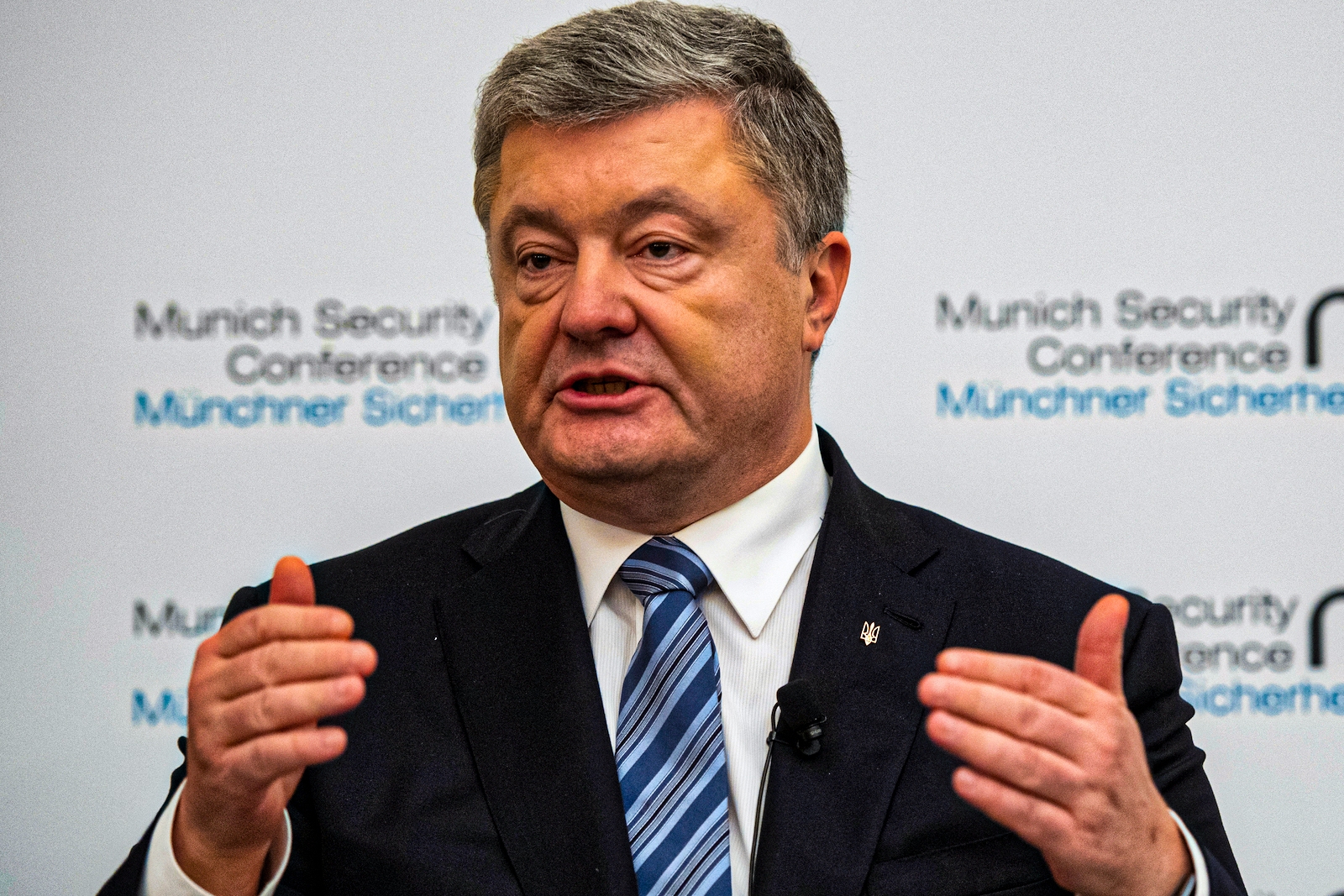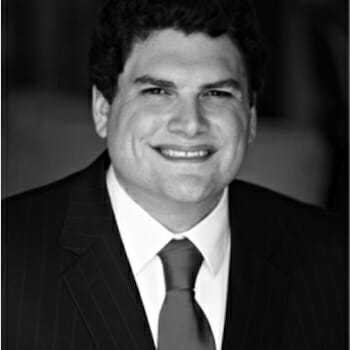
Ukraine: A State Run by the Rich, for the Rich
This month Ukrainian President Petro Poroshenko has found himself uncomfortably exposed. His name was featured in the “Paradise Papers,” which have revealed how Poroshenko, through his business entanglements and offshore dealings, is involved in far-reaching tax evasion schemes. While his country is ravaged by war with Russian-backed militias in its East, the leaks illustrate how Poroshenko puts his business interests above his public duties.
Nobody should be surprised to find Poroshenko among the who’s who of international tax dodgers. Despite his public opining on how financially-motivated wrongdoing was ‘paralyzing’ Ukraine’s economy, Poroshenko is no stranger to corruption. Elected on an anti-corruption platform in 2014, he promised to sell his confectionary company, Roshen, to avoid any conflict of interest between his commercial endeavors and running the country. Predictably, however, he instead began exploring loopholes that would enable him to profit from the company while running the country.
The first time his corruption schemes came to light was in April 2016 when he was mentioned in the Panama Papers. Far from relinquishing his business, the leak showed he had set up a complex offshore structure that remained under his control. He admitted to having done so but claimed this was in preparation for handing the company over to a trust. However, this latest investigation reveals no such thing happened. On the contrary, a lawyer working on Poroshenko’s behalf wrote to an offshore specialist in the Isle of Man in order to set up a labyrinthine company structure involving entities in Luxembourg, the Netherlands, and Cyprus for tax purposes.
If only Poroshenko invested the same energy into solving his country’s political problems as he does in protecting his own commercial interests, perhaps Ukraine wouldn’t be in quite such dire straits. These revelations come at a time when the conflict in Eastern Ukraine, which has been simmering for four years, is worsening. The UN noted that in the first six months of this year, there were 375 conflict-related civilian casualties, including 67 deaths and 308 injuries, a surge of 74% in the same period in 2016. According to the UN, this is due to the changing nature of the conflict, which is not only intensifying, but increasingly fought out with heavy weaponry in civilian areas.
Since the conflict began, Ukraine’s economy has nosedived and continues to stumble. Moody’s, a leading investment service, has noted that in 2017-2018 GDP per capita in Ukraine will remain the lowest in the Commonwealth of Independent States (CIS) and that the population will continue to be “very poor.” Add to this the problem of homelessness, compounded by the 1.7 million internally displaced people (IDPs), and it is easy to see that the country’s socio-economic conditions have become untenable.
While these events are unfolding, Poroshenko has been looking out for his associates in high-ranking political and economic positions, who are benefiting greatly from the war. A prime example is the country’s booming defense industry. The state-owned weapons manufacturer Ukroboronprom has reported a 100% fulfillment of state defense orders and a 25% increase in exports in 2016. The firm also happens to be run by Roman Romanov, a close ally of Poroshenko’s.
Romanov is hardly an exception, because Ukraine’s top defense managers are reported to have siphoned off almost $3.8million in funds allocated to buy spare parts for armored vehicles. Secrecy around where public money is going is endemic and while Ukraine’s defense sector is now losing far fewer weapons and other equipment to theft, it is clear that money is wending its way from the public purse into private pockets by other means.
In this case, however, the misappropriation of funds is the smaller evil. Heavier weighs the fact that by doing so, Ukraine’s elite is betraying the Ukrainian war effort and the soldiers on the front lines. But in a display of circular thinking, Poroshenko is using the war as a justification for downgrading the importance of the issue and allowing the status quo to continue – given that it is the conflict that is allowing so many of his cronies to prosper.
However, it is becoming clear that Poroshenko cannot protect the status quo indefinitely, as combat veterans increasingly carry public indignation. Angered to be used as an excuse for the state’s failed promises, they have become the main source of anti-corruption protests. Whether their anger will suffice to be a catalyst for change in public life remains to be seen, but the fact that soldiers, exhausted from fighting against a military stalemate and neglect, means Poroshenko can no longer simply ignore society’s demands for change.
There are signs that the president is starting to feel the heat. Last month, protests in front of Ukraine’s parliament building drew around 6,000 people, demanding that Ukrainian lawmakers be stripped of their judicial immunity from prosecution. In what seems like an attempt to appease the masses, Poroshenko submitted a bill to revoke the immunity clause – though it would only come into effect in 2020.
It is high time Ukraine changes its ways, but with Poroshenko at the helm, this is unlikely to happen. But the country’s failure to rein in corruption is beginning to undermine the support from the EU and US in its fight against Russia. That the West will stand beside Ukraine unconditionally is no longer a given. For now, the conflict intensifies and the political elite continue to get richer while the broader population continues to suffer. Change in Ukraine cannot come too soon.

